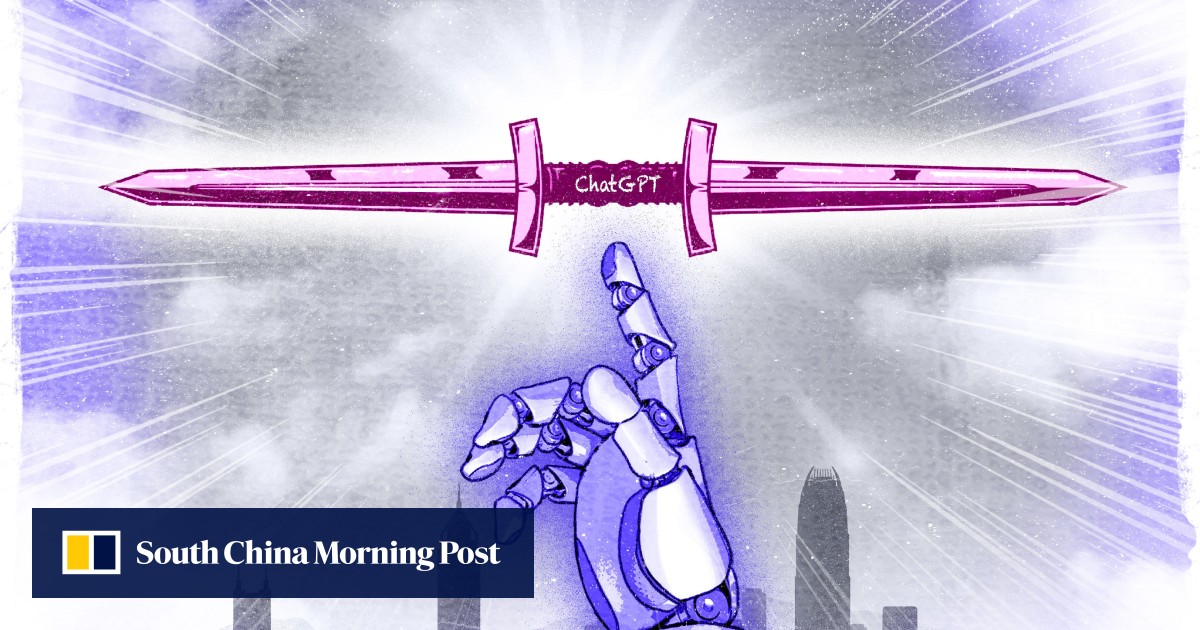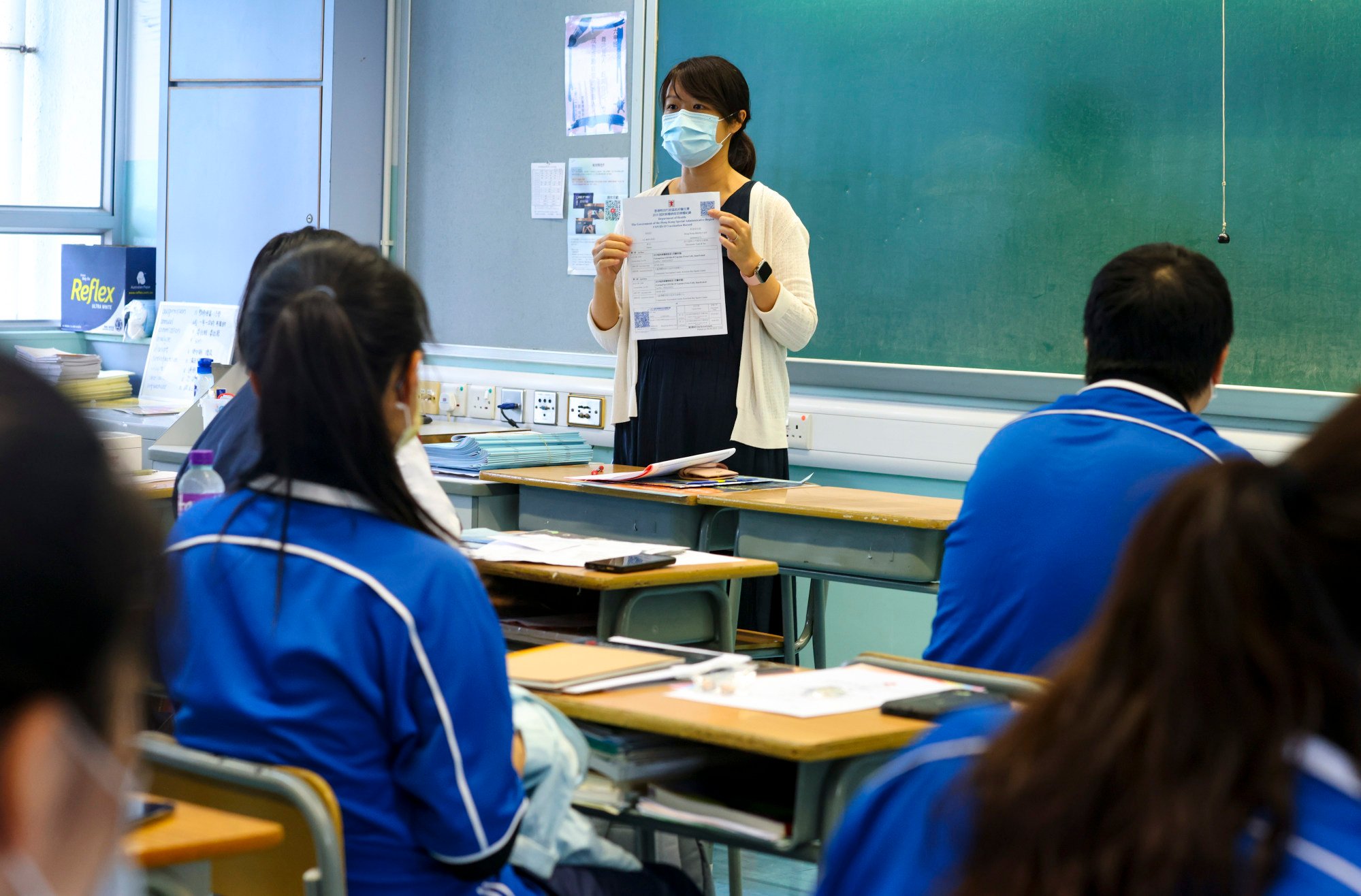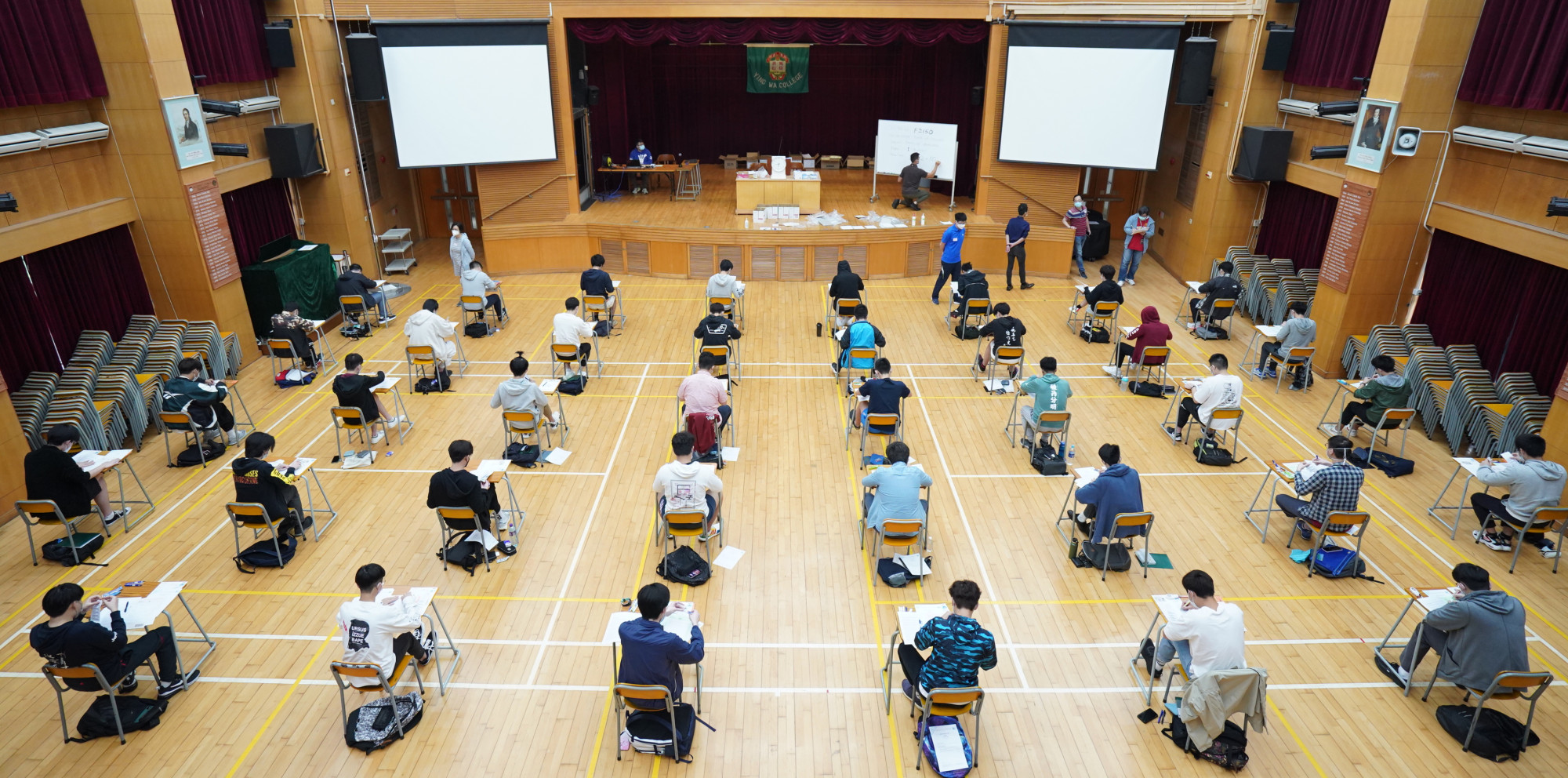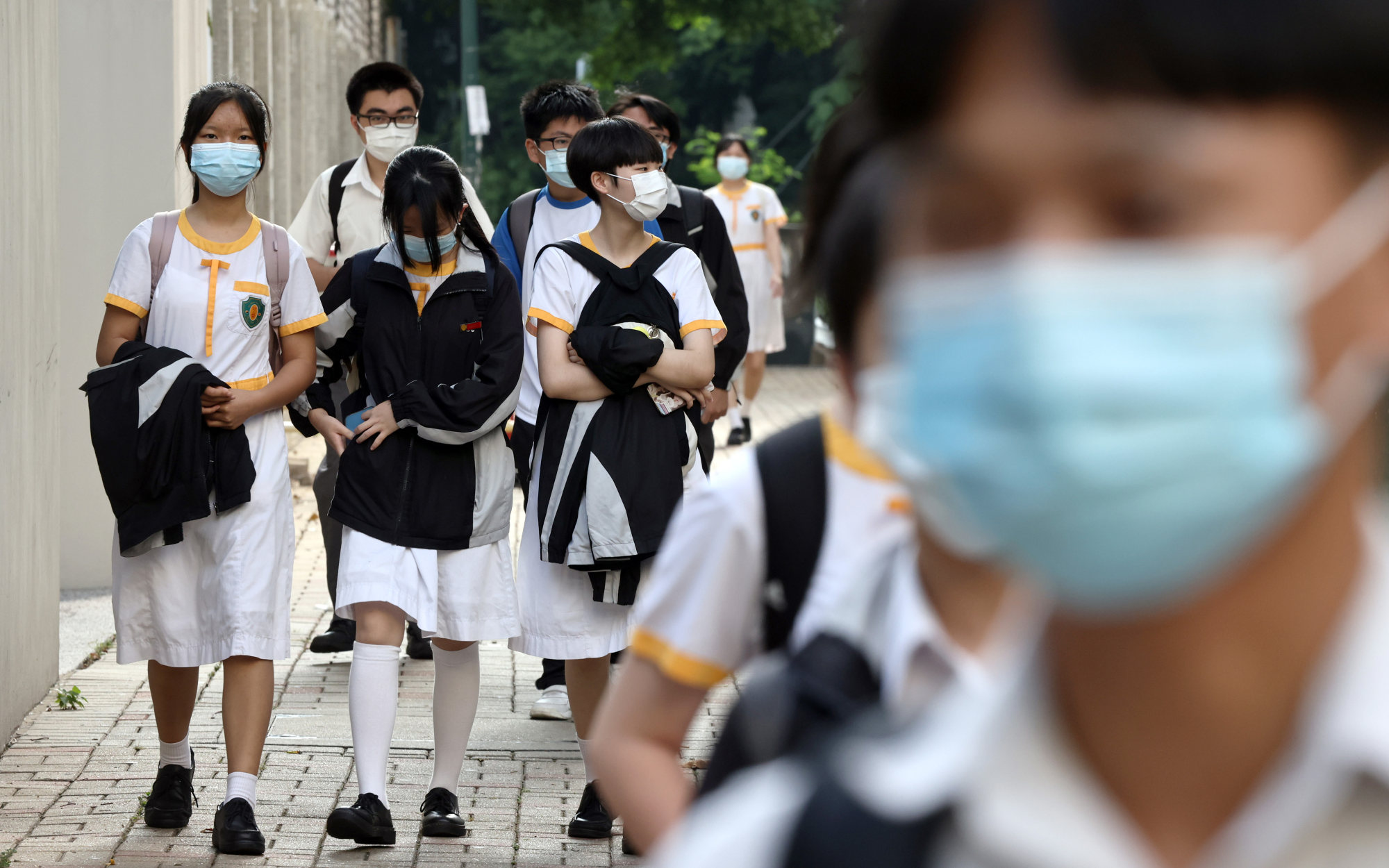Hamartia Antidote
ELITE MEMBER

- Joined
- Nov 17, 2013
- Messages
- 35,188
- Reaction score
- 30
- Country
- Location
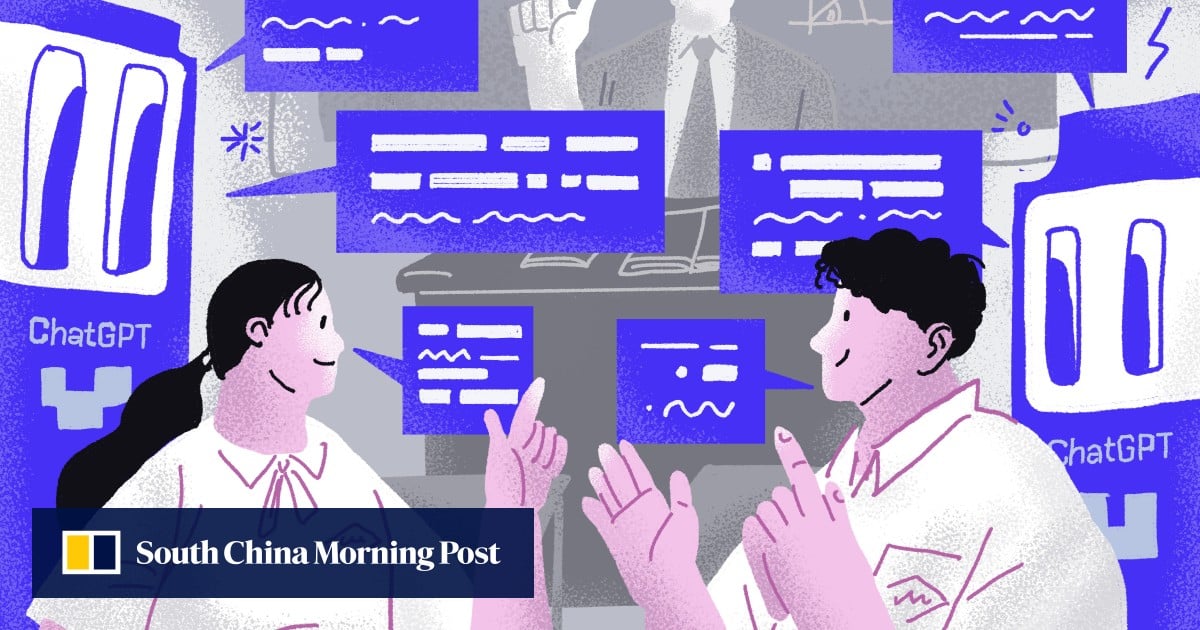
Hong Kong users say ChatGPT is so fast, so good, but what about accuracy, ethics?
As artificial intelligence-driven tech tool disrupts the way things work, some worry about the downside.
- As artificial intelligence-driven tech tool disrupts the way things work, some worry about the downside
- Some experts say chatbots like ChatGPT will continue to evolve and become even more like humans
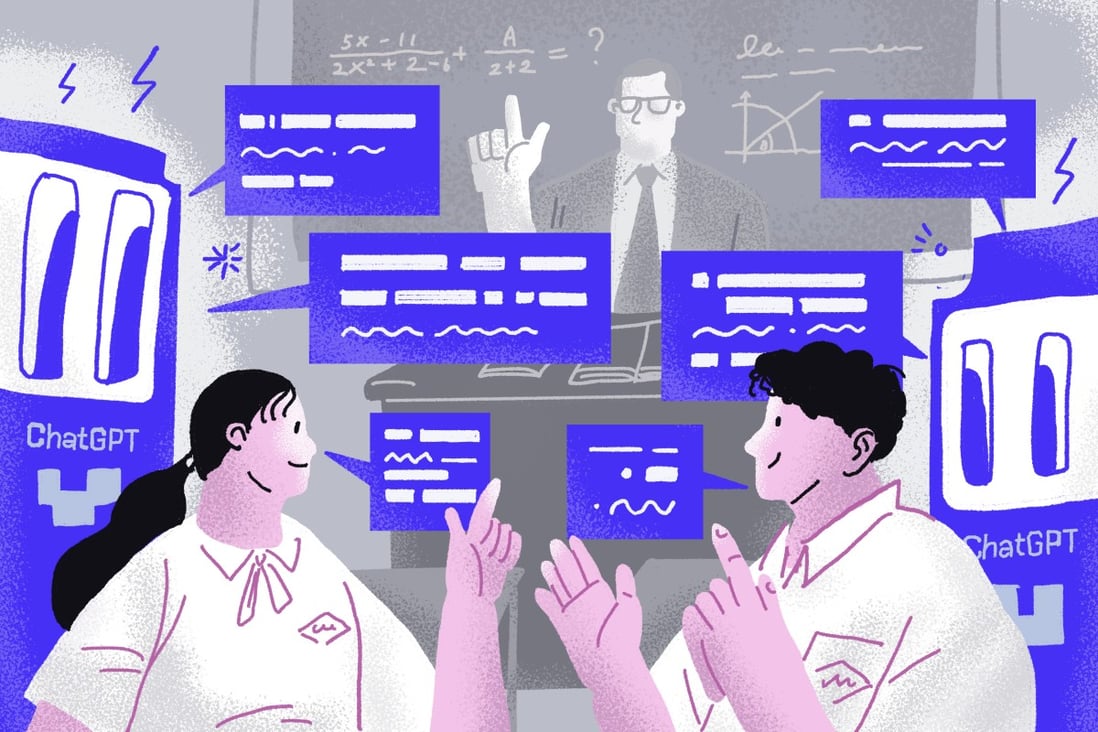
Illustration: Brian Wang
In the first of a two-part series, Oscar Liu and Cannix Yau highlight concerns being raised as various sectors in Hong Kong are disrupted by ChatGPT, the artificial intelligence tool that has taken off globally.
The growing popularity of ChatGPT and other artificial intelligence (AI) tools in Hong Kong has sparked a debate over their usefulness and the challenges they pose to human endeavour.
Businessman Keith Li King-wah, 49, said he could not believe how quickly ChatGPT drafted a proposal for a set of technology-related workshops aimed at students.
He fed the chatbot some relevant details from Chief Executive John Lee Ka-chiu’s first policy address and Financial Secretary Paul Chan Mo-po’s annual budget speech, and it responded right away.
“It literally took a minute to give me a comprehensive proposal with a programme name and objective, recommended activities including Web3 workshops, technology competitions, and sections for guest speakers and field trips,” the chief executive officer of Innopage, a mobile app developer, said.
“Although it was just a framework, people could easily tweak it to make it viable.”
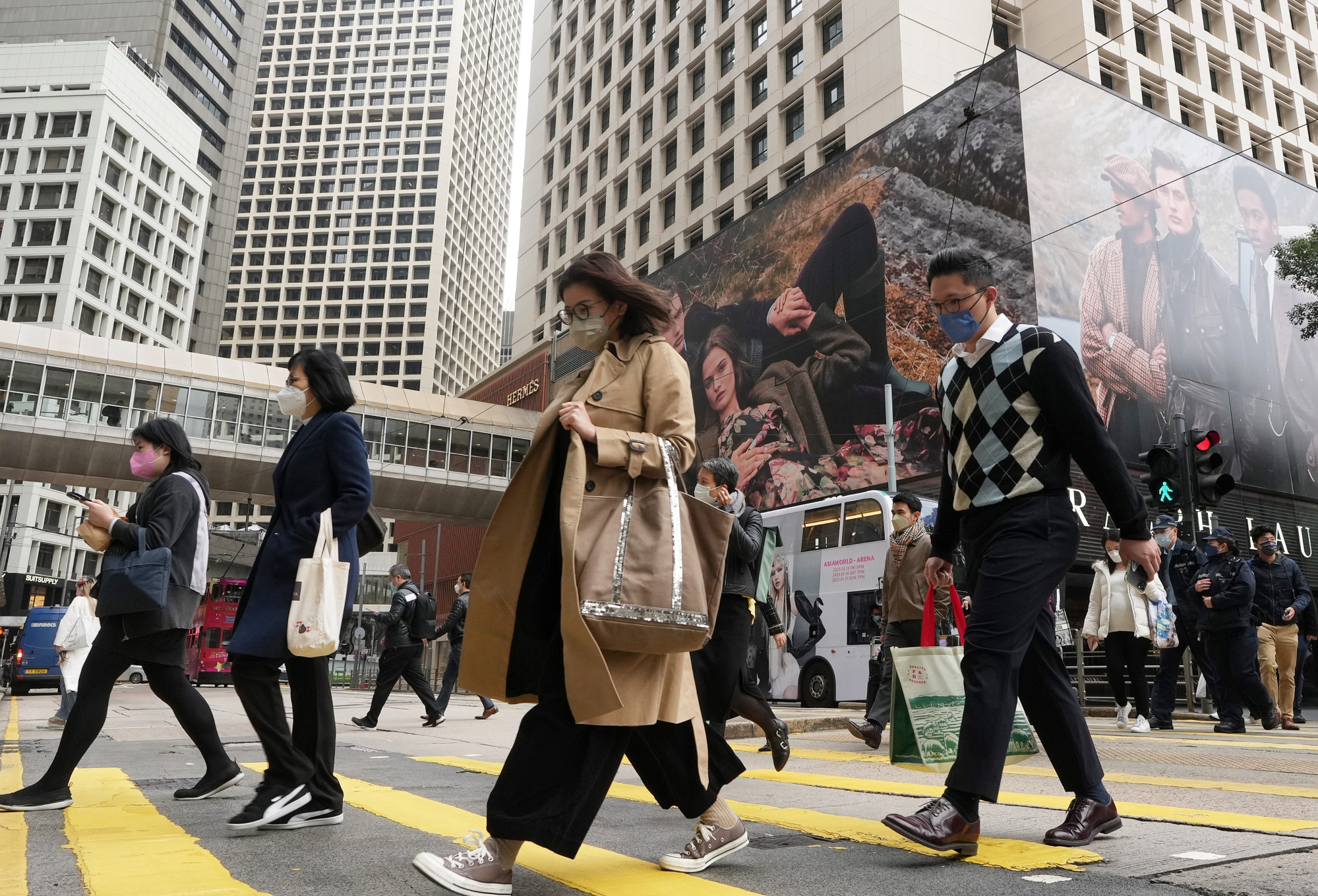
ChatGPT is changing the way businesses operate. Photo: Elson Li
His company has embraced ChatGPT, which attracted 100 million users worldwide within two months of being unveiled last November by Microsoft-backed OpenAI, making it the fastest-growing consumer app in history.
“We also use it in our marketing meetings where my colleagues and I simply bring our laptops and ask ChatGPT for ideas for promotion activities, social media content and advertising strategies,” said Li, who is also chairman of the Hong Kong Wireless Technology Industry Association.
ChatGPT, which is capable of providing humanlike responses, is programmed to draw mainly on information from the internet and other sources.
It is, however, at present limited to material available up to 2021 and it can also make mistakes in responses to queries.
Users marvel at its ability to perform a wide range of tasks, from answering questions to writing essays and offering solutions to problems, but the tech tool has also raised questions of integrity, ethics and cheating.
The Hong Kong government has signalled it will set up a task force to look at new tech tools and consider if they should be regulated through legislation.
The city’s technology minister, Sun Dong, has also said Hong Kong planned to develop its own AI-based chatbot service to keep up with the global innovation race and would consult the public this year on the establishment of an AI supercomputing hub to attract top talent and technology companies.
Eason Lai, a global technology strategist at Microsoft in Hong Kong, said he believed the city government wanted to understand and research more about GPT technology and come up with guides to show individuals and businesses when and how to use AI the right way.
“We cannot prevent new technological innovation from emerging,” he told the Post. “Having rules to prevent or even block it could cause Hong Kong to lose out to competitors, especially as the government is positioning it as a hi-tech, innovative city.”
‘Observe impact before introducing laws’
Ronick Chan Chun-ying, a finance sector lawmaker, said AI-based tools played an important role in the industry’s financial technology development.“AI-based technology has been used to provide different banking services such as replying to customer inquiries and smart services for automatic teller machines,” he said. “From the industry’s perspective, I don’t see any disadvantages of using ChatGPT or how it will be a threat”
Chan added he saw no need to regulate the use of ChatGPT in banking.
“I hope that the government can give the financial industry more room to apply ChatGPT technology so we can produce quicker and more precise responses to customers,” he said. “It could also save operating costs by relieving the strain on the banking industry’s manpower.”
The Hong Kong Institute of Bankers, a non-profit institution that offers training and certification services to the sector, said it had not adopted ChatGPT yet as it was still studying the impact of its application.
A banking insider who asked not to be named, appealed for caution in the use of ChatGPT at present as it might not always produce credible and correct answers to customers’ questions.
“But I believe that similar technology will be adopted increasingly in the industry to provide fast, sharp and accurate responses,” he added.
Information technology sector lawmaker Duncan Chiu said the authorities should watch the development of ChatGPT before it considered legislation.
“We need to maintain the most cutting-edge understanding of technology and cultivate top researchers in Hong Kong to keep up with technological development. We should not do something prematurely,” he said.
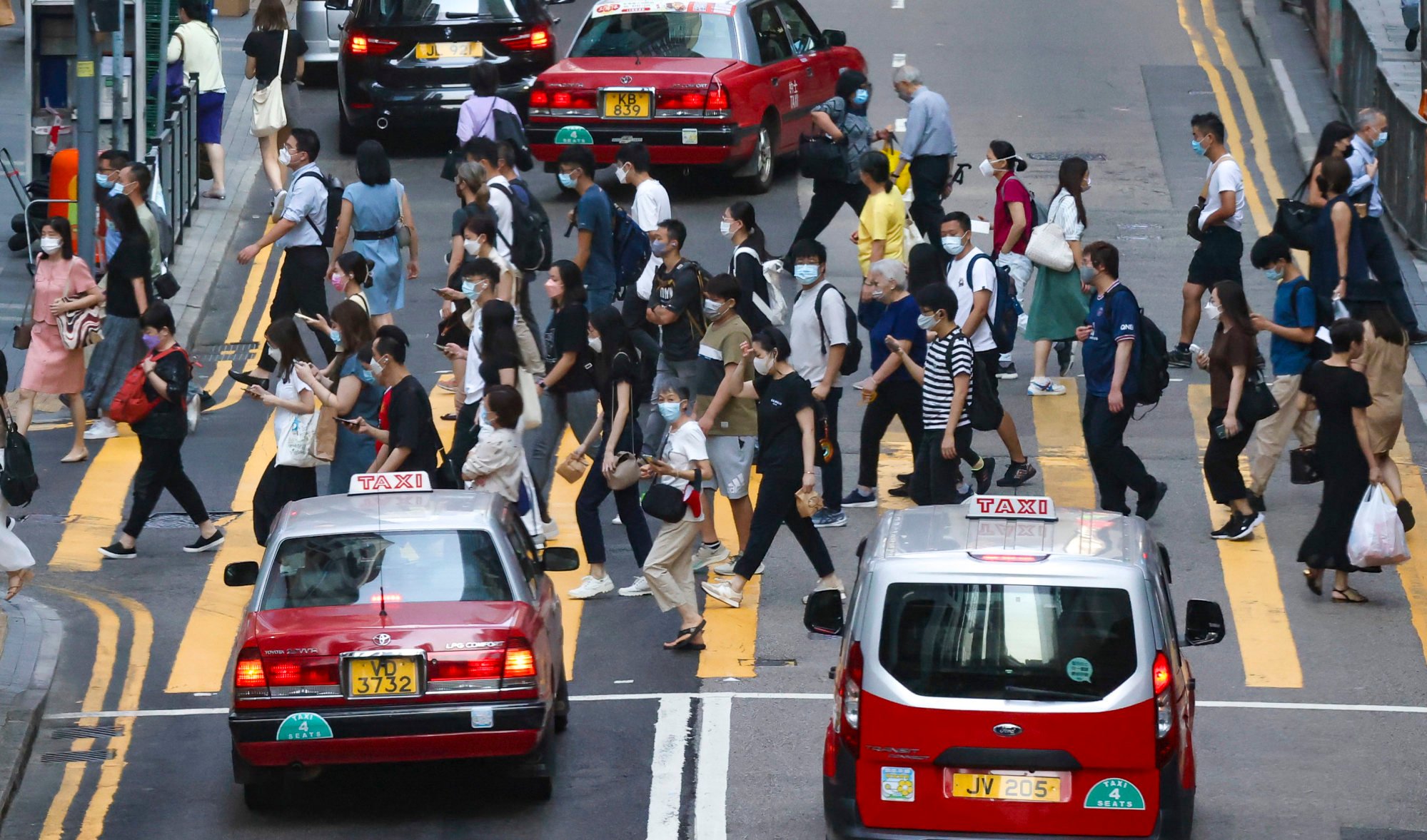
It is still unclear how ChatGPT will affect jobs and careers. Photo: Jonathan Wong
Concerns about intellectual property
Chan King-cheung, a professor of practice in media ethics at Baptist University’s department of journalism, said he did not think ChatGPT was a big threat to journalists.“Reporters still need to be present on site to cover events in person before writing a news story based on their observations and interviews and machines are unable to know what happened at the scene,” he said.
But he warned AI raised concerns about plagiarism and said that businesses that published intellectual property needed time to grasp its impact.
“When it comes to publishing content, transparency is most crucial. Authors can indicate AI-generated content with appropriate attribution and not treat it as their own work. That’s the basic integrity and moral conduct of authors,” he said.
Some experts said AI tools such as ChatGPT would continue to evolve and become even more like humans.
Cao Jiannong, the dean of Polytechnic University’s graduate school and professor of its department of computing, said it was inevitable that workflows would change with greater integration of humans and AI.
“ChatGPT cannot do reasoning so far and may not have the necessary emotions to handle people’s problems,” he said.
But he added that he expected advances in “humanising” the AI tools.
“By incorporating human values into something like ChatGPT, it can have empathy to figure out what is wrong and what is right.”
Professor Martin Wong Ding-fat, dean of the faculty of engineering at Chinese University (CUHK), said there were still many controversies about ChatGPT, the most important being who owned the copyright of content it generated.
“There are also issues of privacy, power balance and monopolies,” he said.
Wong said ChatGPT was one of the largest, most powerful language processing AI models created at a high computing cost and only a few companies and governments could afford to support the system.
Early adopters of ChatGPT in Hong Kong said they were surprised and pleased that the AI tool worked for them and could see its potential in their sectors.
Trainee lawyer James Lee* was won over the day he fed some details into ChatGPT and asked for a 500-word legal document.
“I was amazed because it was a well-written letter in just a few seconds. It would have taken me 30 minutes to write from scratch,” the 24-year-old graduate of the University of Hong Kong said.
Entrepreneur Simon Wong Kit-lung, the chairman of catering company LH Group, started using ChatGPT to reply to questions from customers on Facebook.
“At first, when I asked ChatGPT who Simon Wong was, it gave some wrong answers. Now I give it more precise requests and use it as my social media manager,” he said
If someone asked how to get a job with his group, he said, he would ask the chatbot to craft a suitable reply.
“But I still need to be the gatekeeper, because I need to tweak what ChatGPT generates and I am the one who presses the ‘send’ button,” he added.
Eric Hui, a governing committee member of the Hong Kong Federation of Insurers, said ChatGPT was not yet used by the city industry, but companies overseas were using it for correspondence, marketing materials, business analyses and issuing product development advice.
“Many overseas multinational firms have been trying out ChatGPT as it can improve efficiency,” he said. “But users should bear in mind that its answers are not 100 per cent accurate.”
*Name changed at interviewee’s request.
Last edited:

